Charging Stations More Beneficial Than Tax Incentives: Study

A new study suggests that the government’s choice to entice drivers with electric car tax incentives is a misstep.
According to a recent study conducted by the National Science Foundation, federal funding of EV charging stations would have done more to motivate car shoppers to purchase an electrified vehicle than the tax incentives being offered over the last few years. The National Science Foundation reports that $1.05 billion in tax credits were dispersed from 2011 to 2013, an amount that translates to over 60,000 charging stations, which is equal to half of all the gas stations in the U.S.
SEE ALSO: BMW, VW to Roll Out EV Charging Network
While it’s speculation, it is believed that 60,000 additional charging stations would have boosted adoption rates of electrified vehicles by five times the current rate. NSF also reports that most owners of electrified vehicles use the standard 120-volt outlet for charging, while direct-current charging stations increase recharge rates four to six times but costs between $15,000 to $25,000 for equipment.
GALLERY: BMW / Volkswagen Express Charging
[Source: National Science Foundation via TTAC]
Discuss this story at our alternative fuel forum

Jason Siu began his career in automotive journalism in 2003 with Modified Magazine, a property previously held by VerticalScope. As the West Coast Editor, he played a pivotal role while also extending his expertise to Modified Luxury & Exotics and Modified Mustangs. Beyond his editorial work, Jason authored two notable Cartech books. His tenure at AutoGuide.com saw him immersed in the daily news cycle, yet his passion for hands-on evaluation led him to focus on testing and product reviews, offering well-rounded recommendations to AutoGuide readers. Currently, as the Content Director for VerticalScope, Jason spearheads the content strategy for an array of online publications, a role that has him at the helm of ensuring quality and consistency across the board.
More by Jason Siu



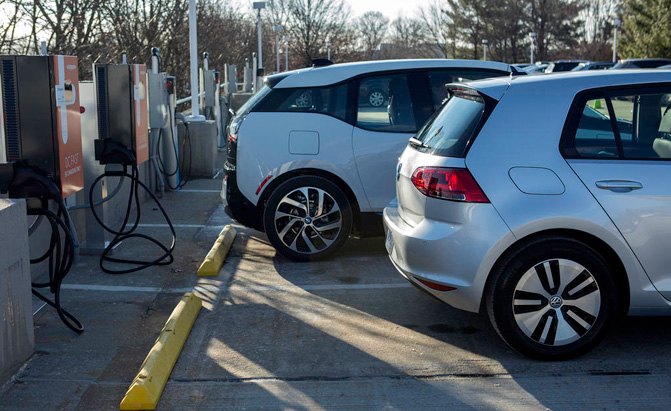

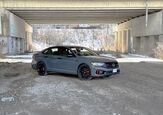


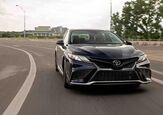








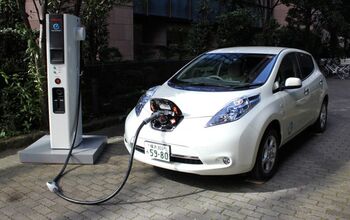
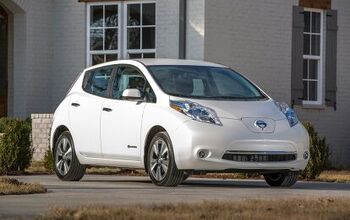





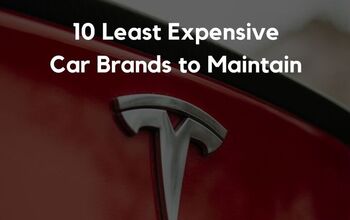







Comments
Join the conversation